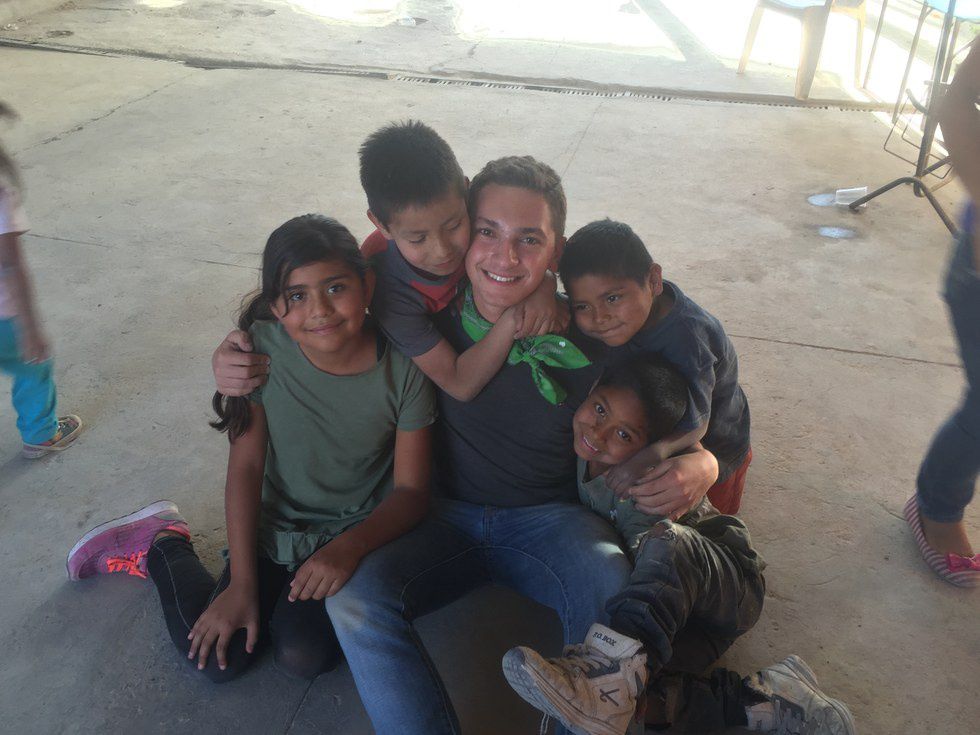
I remember as a kid I never asked myself what is my heritage; nonetheless, it wasn´t something that my friends would talk about. At that age, we see each other as human beings. What a nice thing, isn’t it?
It wasn’t until I was about fourteen that it hit me hard. What was I? I remember that it started when I was hanging out with some friends while visiting Israel. We got up to a point in the conversation were everyone was mentioning their heritage. I really didn’t know what to say, so I just told the ones that I remember my parents would mention some times. I am Bulgarian and half Iranian- I said. Everyone looked at me as if I said some kind of sorcery or something. What did I said that made them react like this? I guess that being Iranian and Bulgarian isn’t cool…
After that experience, my interest to learn about my roots emerged. I really wanted to know where my ancestors came from. I always tell everybody that I am Israeli, which in fact I am. But as a person that comes from a family of immigrants, I needed to acknowledge my heritage to understand better what I am. So after talking with family members and researching a little, So long story short, I got into the conclusion that I was part Iranian, Persian, Iraqi, Algerian or Moroccan, and Bulgarian. I am really proud about it, regardless about what other people may think.
Knowing my heritage confused me. I always considered myself as white, but suddenly I faced a new reality, a reality were I was just on forth white. As a kid in Israel, I grew with mostly European people (as I can remember). My two best friends in first grade were British and Russian. I basically grew in a really white environment. While living in Beijing, people wanted to take a picture with me just because I looked white. And to be honest, I looked white.
Throughout the years I’ve learned to stop labeling myself for my own sanity. But after stopping labeling my heritage, I got another question to be answered: “What nationality I consider myself the most?” My sanity had to be set apart for the quest of finding my nationality; what I thought to be my identity. To start, I can’t consider myself a hundred percent Israeli. I have been living in Mexico most of my life and I have lived in China for four years. I just realized that I’ve lived more time abroad than in Israel, the country were I was born and were my family came from. I will also won’t serve in the army, which makes me feel less of an Israeli.
After living that much time in Mexico, friends started asking me when am I going to start my nationalization process. I never know how to answer it. What can I say to them, that I don’t feel Mexican enough to put-on-paper this identity? This makes me feel like not having a nationality whatsoever, but that would be too easy! The world doesn’t work like that. Living in a world with no nationalities is far too utopic to happen, so back to reality.
I think that in my case, neither my heritage nor my nationality does completely represent my identity. I’ve embraced the culture of my heritage and the beautiful places that I' ve lived in; I can't just fixate in just one. The answer for my heritage might have been already solved, but my national identity is still unknown; I don't feel completely Israeli, nor Mexican, and even Chinese, so the answer to this might be far ahead or even non-existent. But at the end of the day the thing that I am sure about my identity is that I am a person who wants to know more about himself and about his surroundings. A person that has a message to share, the search for his identity.






















